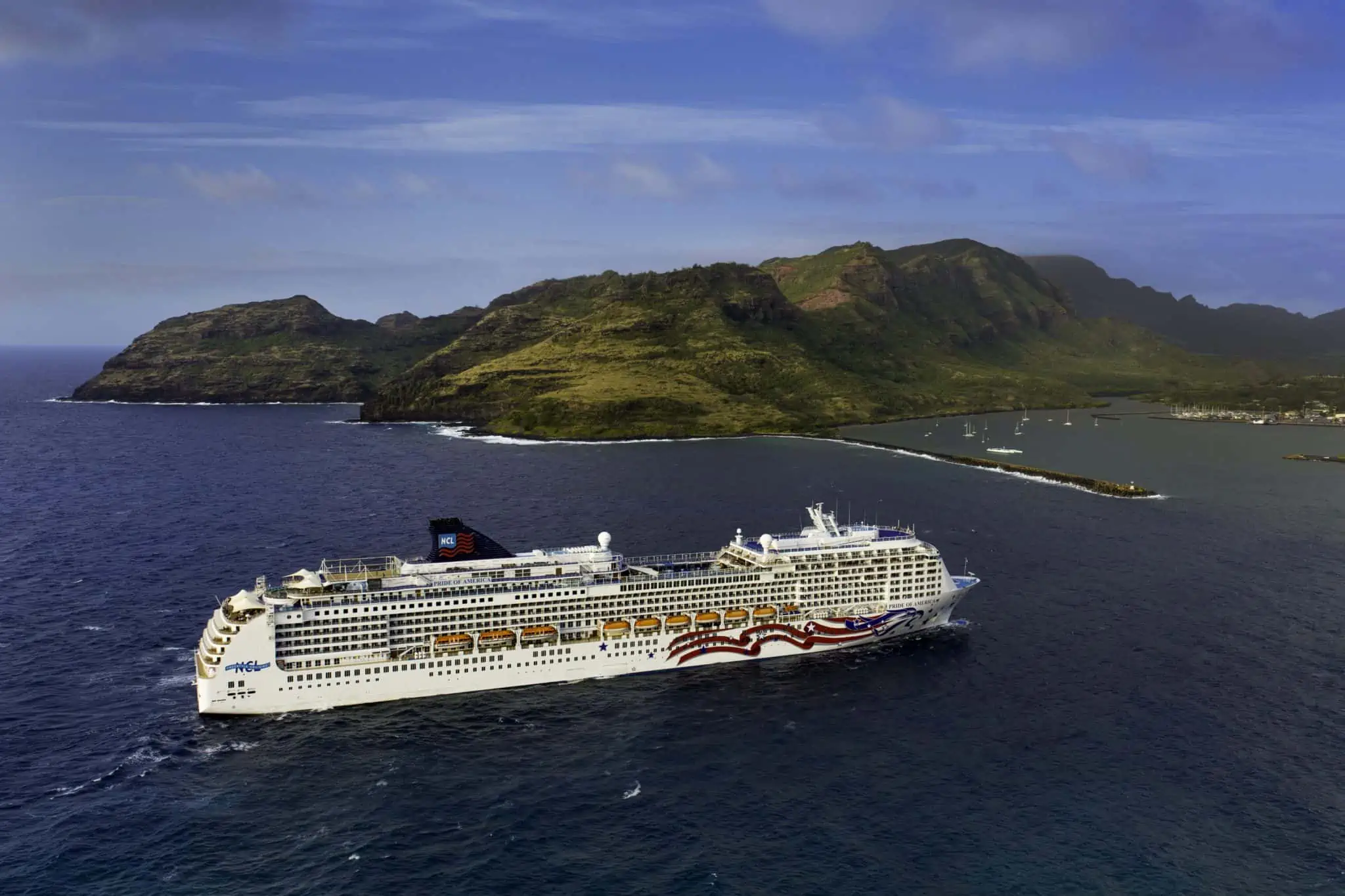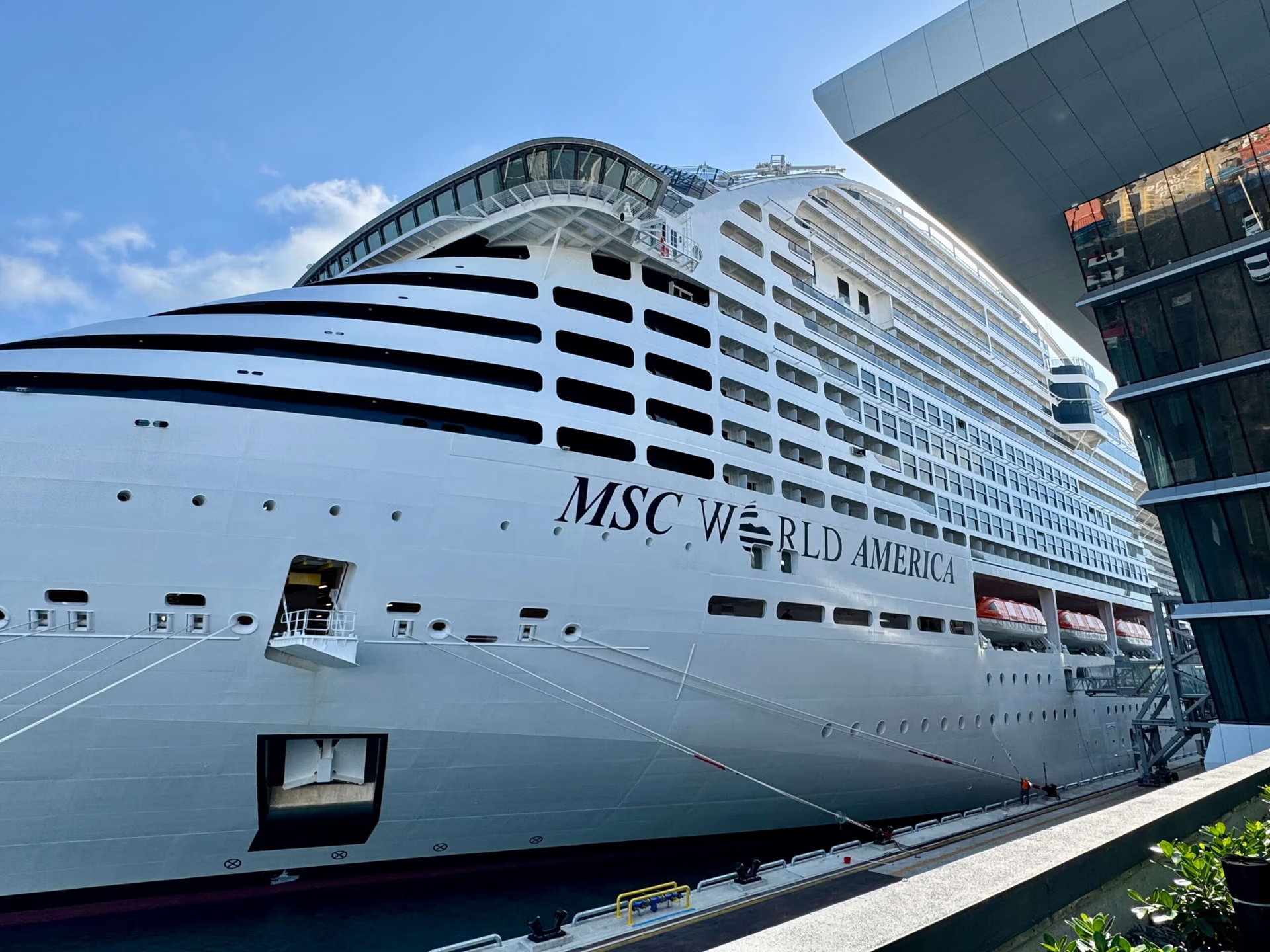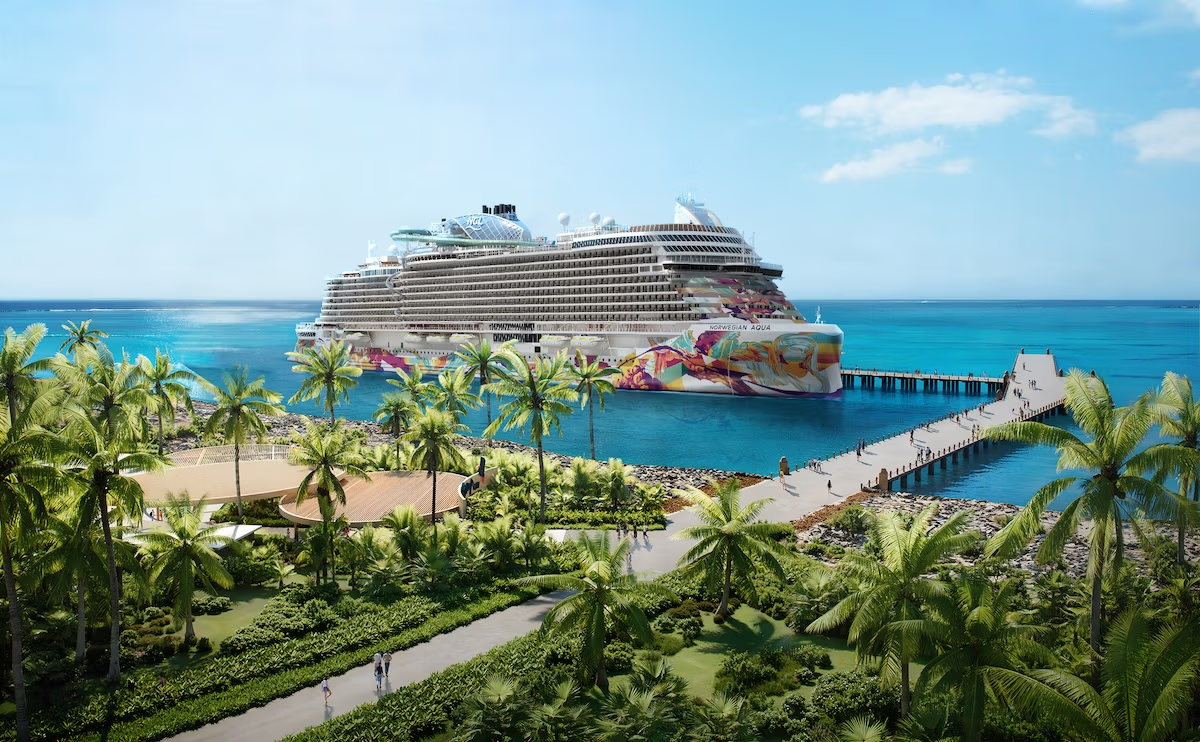A health emergency mid-cruise claimed the life of Brisbane resident Glenn Stein, leaving his wife facing thousands of dollars worth of healthcare bills, including a medical evacuation.
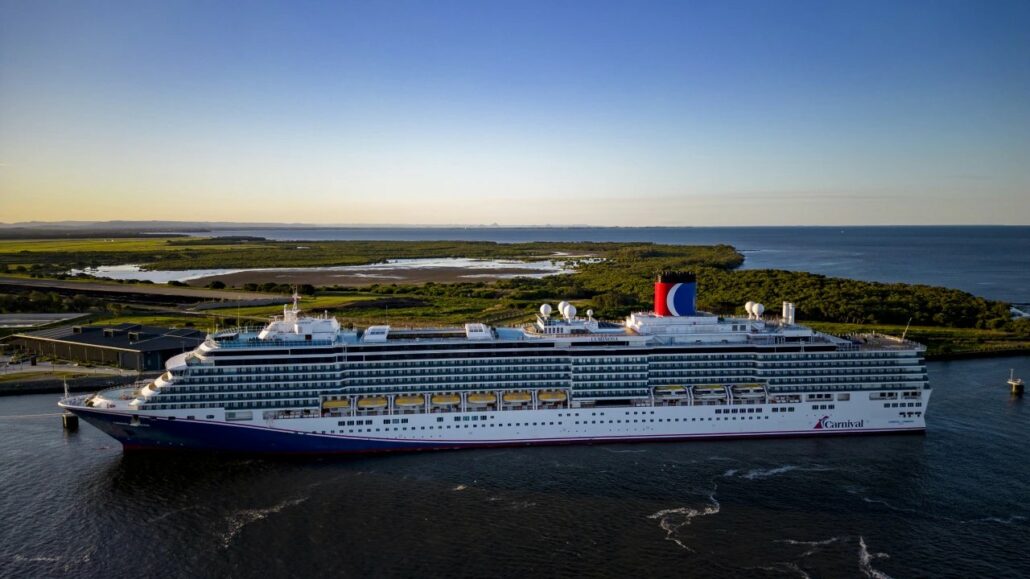
The Carnival cruise was a gift from Beverly and Glenn Stein’s son, who wanted to give his parents a well-earned break.
Though it was only four days long, the Australian couple was looking forward to their first cruise on March 30 aboard Carnival Luminosa.
The 2008-built ship was scheduled to call on Airlie Beach before returning to Brisbane on April 3.
“Glenn was like a kid at Christmas, brimming with excitement,” their daughter-in-law, Sarah Stein, shared online.
Emergency Evacuation and Hospitalization
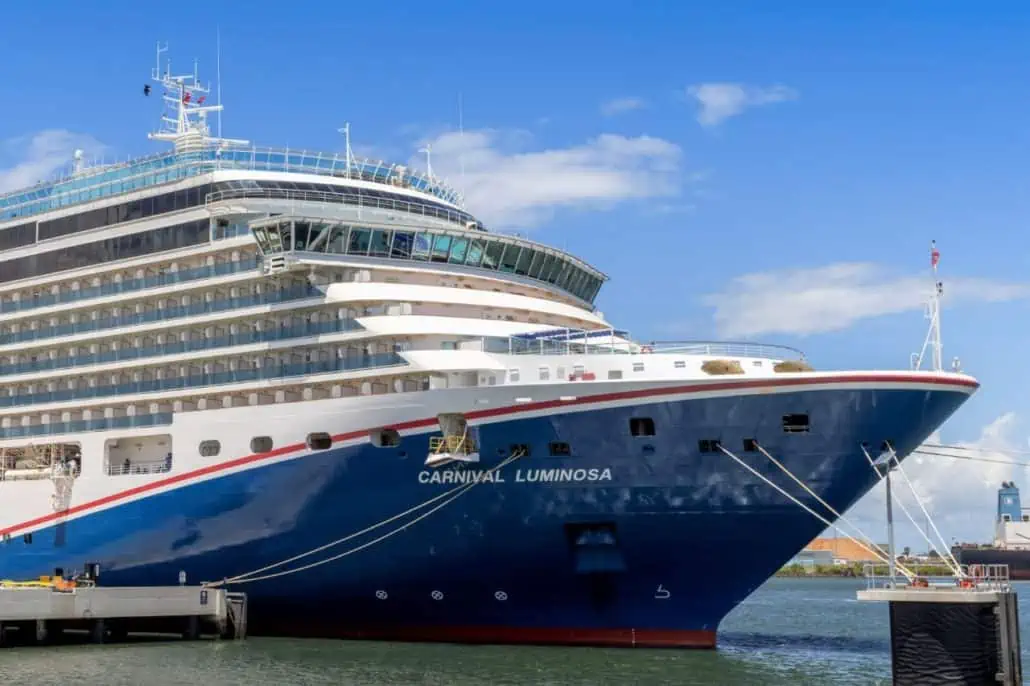
However, Glenn suffered a serious medical emergency on April 2 as the vessel headed back.
He initially received care from the ship’s medical facility, but as his condition rapidly deteriorated, crew members called in an emergency airlift.
He was eventually moved by helicopter to Bundaberg Hospital in Queensland, where he passed moments after arriving. His cause of death has not been disclosed.
GoFundMe with $10,000 Goal

Aside from mourning her husband of 50 years, Beverley now faces expensive medical and medevac bills.
While the exact amount hasn’t been made public, a GoFundMe page started by Sarah for Beverley is looking to raise $10,000.
“The medical costs from the cruise alone amount to thousands of dollars, plus the expense of the emergency life flight helicopter, adding to the burden of funeral expenses and the cost of transporting Glenn’s body from Bundaberg back to Brisbane,” Sarah wrote, appealing for financial help.
So far, the platform has helped raise over 50% of the target amount, nearing $6,000.
Travel Insurance Can Offset Costs

Many cruisers have discovered that airlifts are the biggest expense during healthcare emergencies, next to cruise ship medical services.
One Norwegian Cruise Line passenger was shocked to receive a $47,000 bill for the flu, while a Colorado couple had to pay $150,000 for medical transportation.
In these scenarios, passengers can’t rely on domestic health insurance since most health concerns arise over international waters, which are beyond its coverage.
Travel insurance policies with medevac assistance are often the best solution. Insurers typically refer to medevac as emergency medical evacuation, so look for this benefit when comparing providers.
A $50,000 limit might suffice for brief, low-risk trips, but it’s often inadequate for complex medical procedures, extended hospitalization, or emergency surgery.
According to the State Department, medical evacuation alone can exceed $100,000, making insurance policies with coverage limits of $250,000 or higher much more practical for international travelers.
While the extra expense may feel like an unnecessary burden before a cruise, it could become a lifeline in the face of health emergencies.



